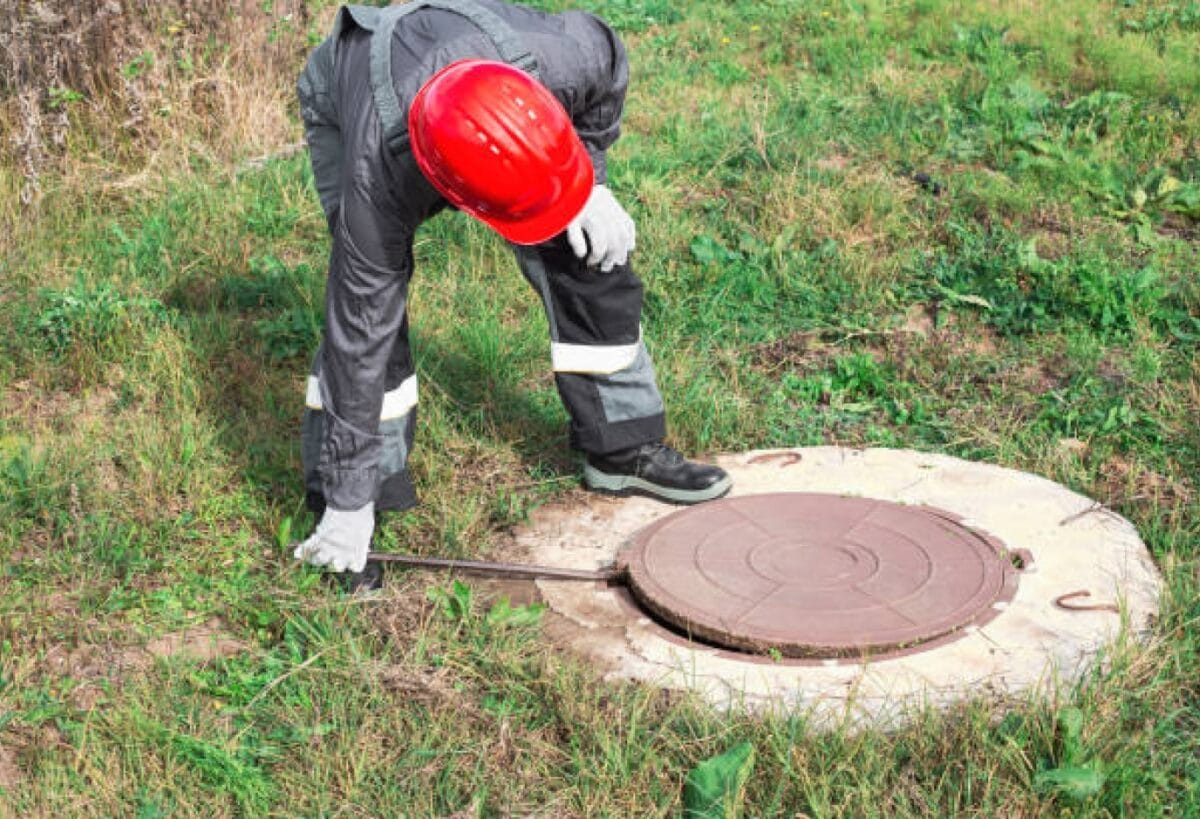
Conventional Septic Systems Need Maintenance Too
You may get our newsletters because we inspected a septic system before purchasing or selling a house. Or, you may be one of our customers with an alternative septic system that requires inspections and reports filed with the Health Department or DEQ. Many may not realize that the only difference between your alternative septic system and your neighbors conventional system may be that your drainfield is pressure dosed and theirs is gravity dosed, or that yours has an alternative treatment unit and theirs only has a septic tank. So when it comes down to it, if both systems have a pump, the only difference may be one additional electric circuit for a pump or a blower, or a separate container with treatment media inside.
The scientific reason that inspections are required on alternative systems and not on conventional systems in Virginia is the drainfield is usually smaller for an alternative system. Therefore it is important that the alternative treatment unit work as designed all the time. The reason that conventional systems aren’t subjected to the same inspection requirements is more political than scientific. The legislators to date have determined that requiring annual inspection of conventional systems is a hardship on the owners and the health department and service providers are understaffed to effectively inspect the more than 1 million conventional septic systems in Virginia.
Whether you have a conventional or alternative system, an annual or semi annual inspection can identify problems and provide routine maintenance to reduce the chance of an alarm, system failure or back up into your home requiring emergency service. Some systems in Fairfax County have a valve in the yard that needs to be switched annually that many owners either do not know is there, can’t find it or ignore the notices sent by the county. Testing your alarms and the function of your pump is also a good idea and included in our maintenance agreements. Gauging the sludge levels in your tanks annually can identify pumping needs that may be required sooner than the 5 year Chesapeake Bay Act requirement. Many conventional systems have effluent filters that most alternative systems don’t have that can benefit from annual service.
Remember if you are on a well, annual testing for bacteria is strongly recommended by the USEPA and Virginia Department of Health as well as testing for lead and nitrates every three years? Have you heard about PFAs in well water? Give us a call to explain.
